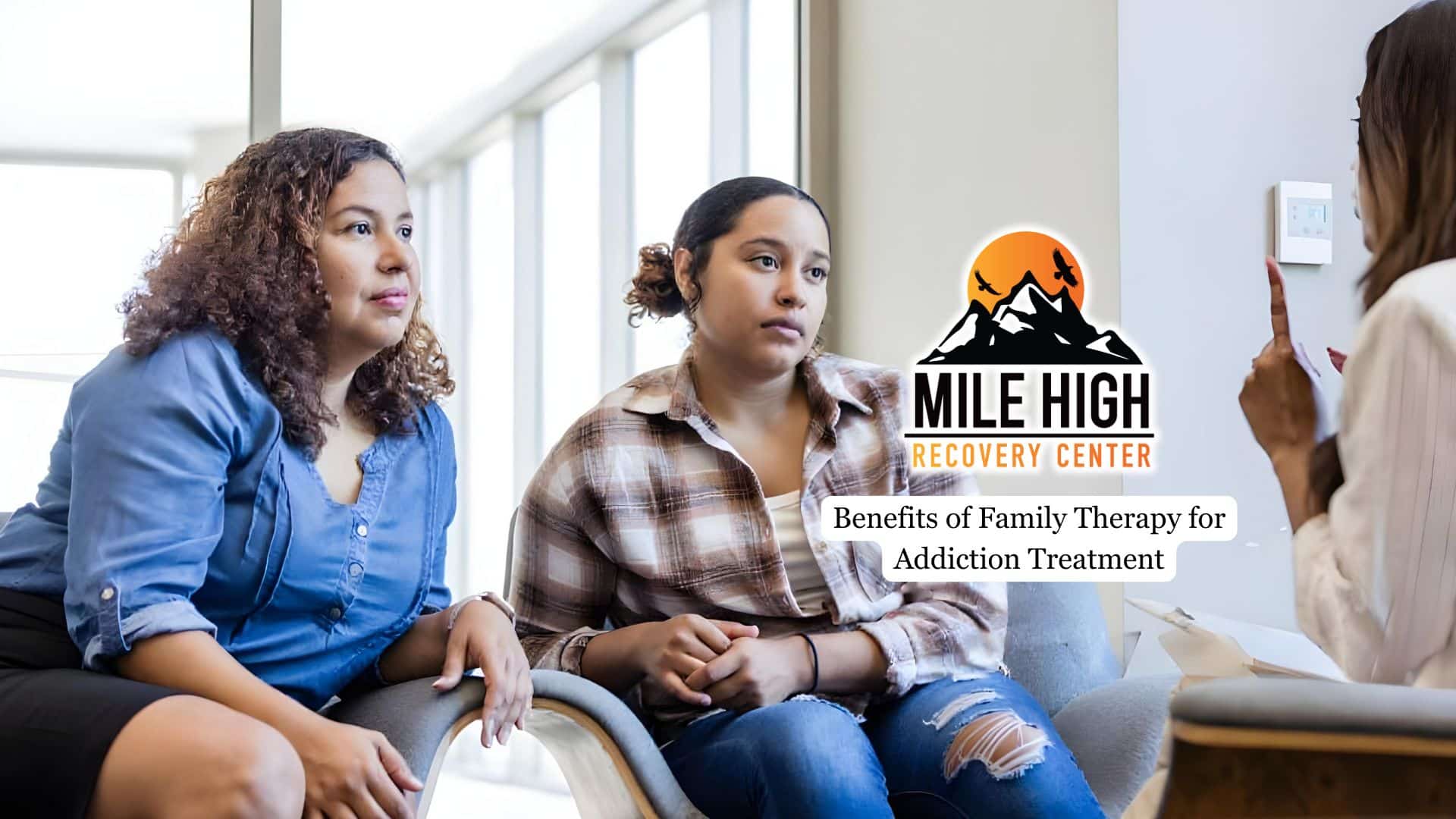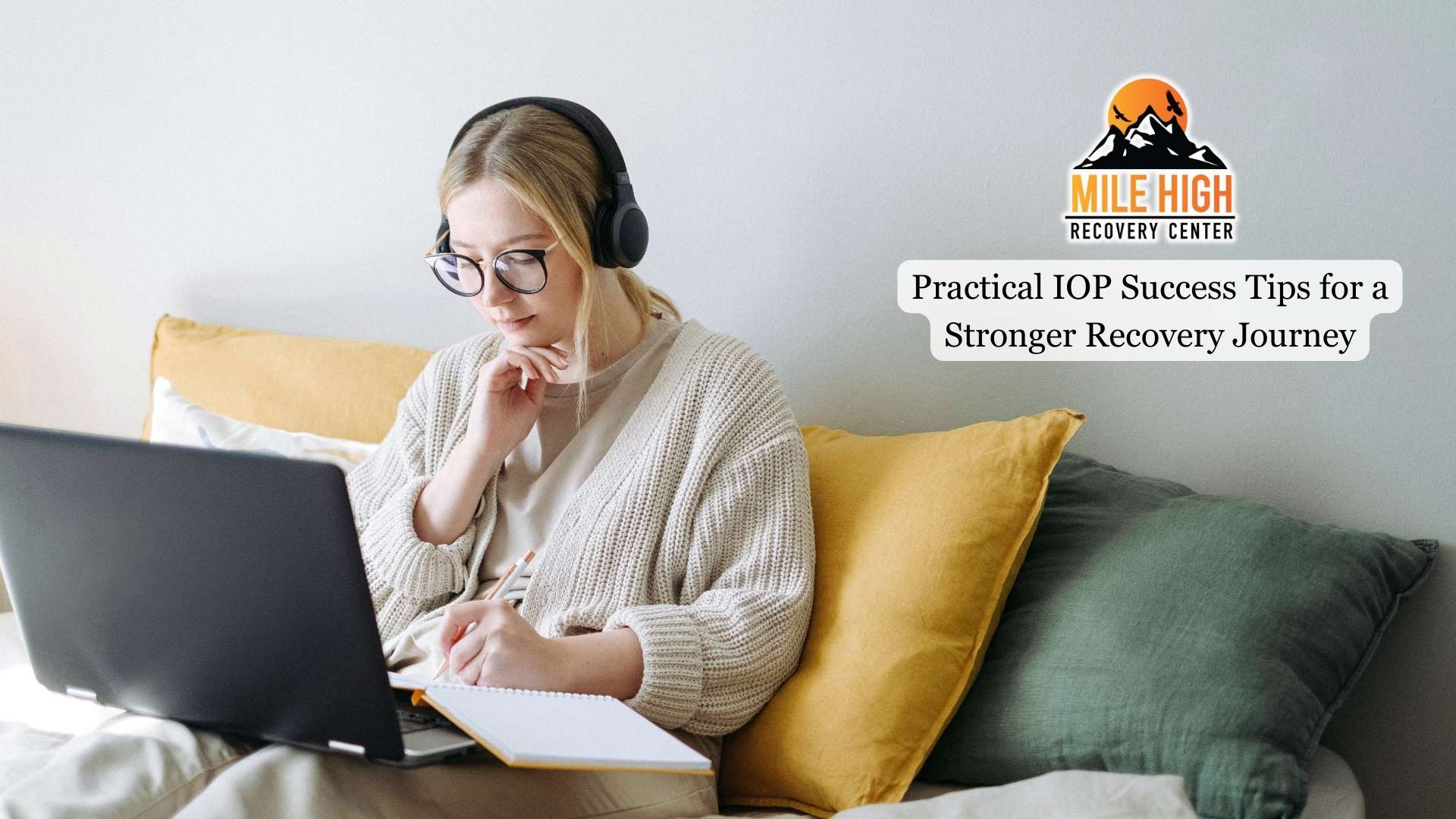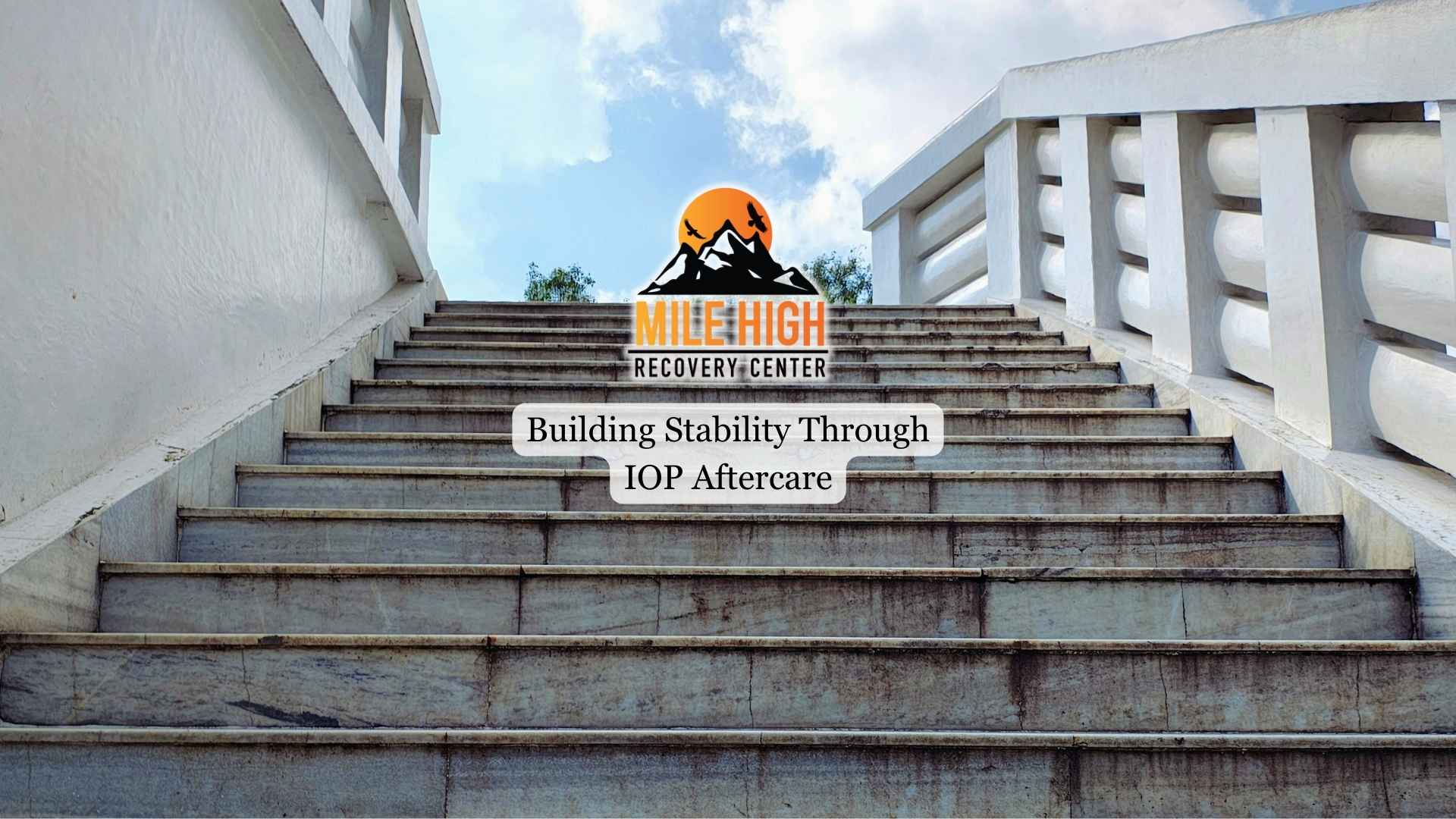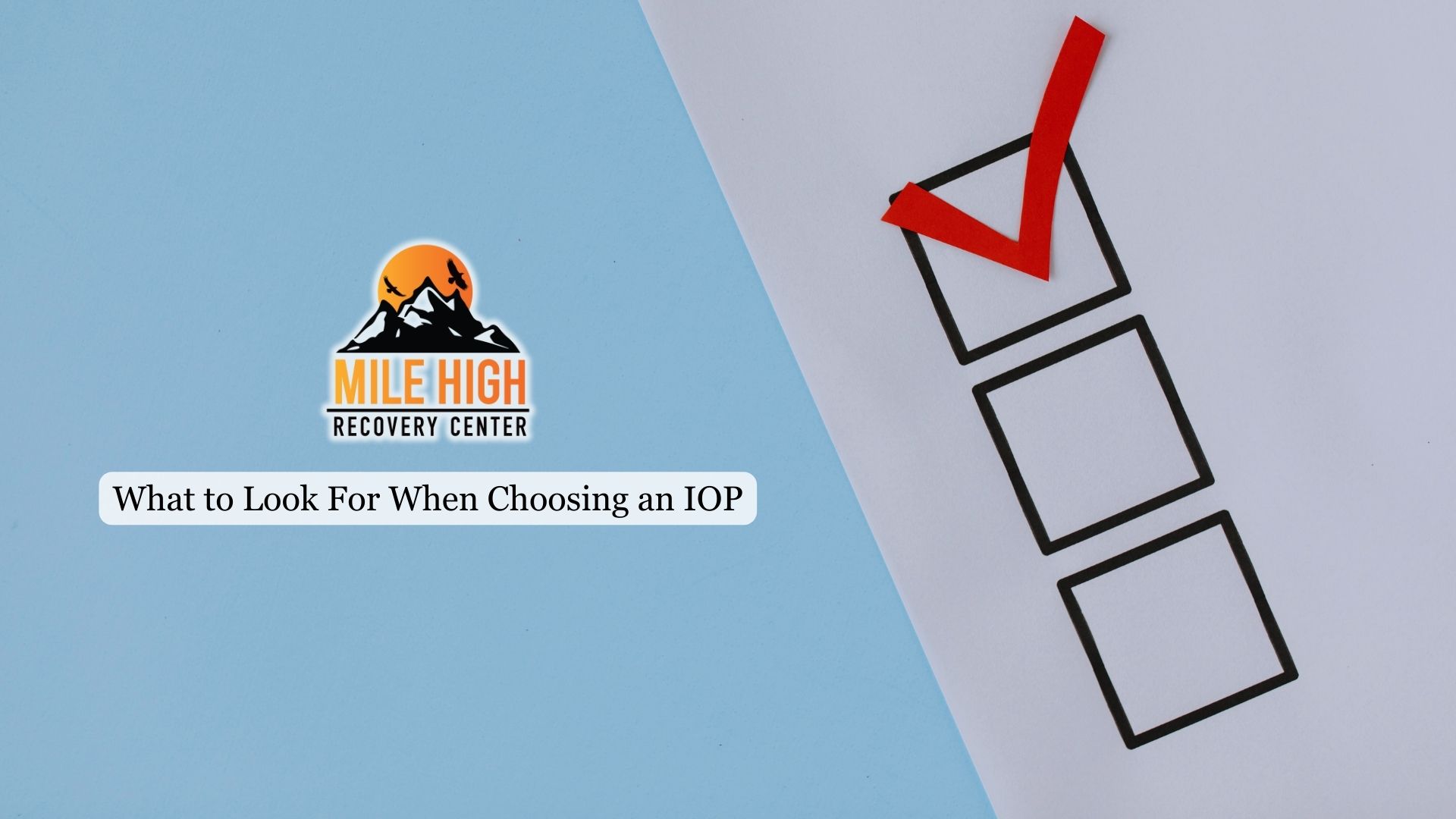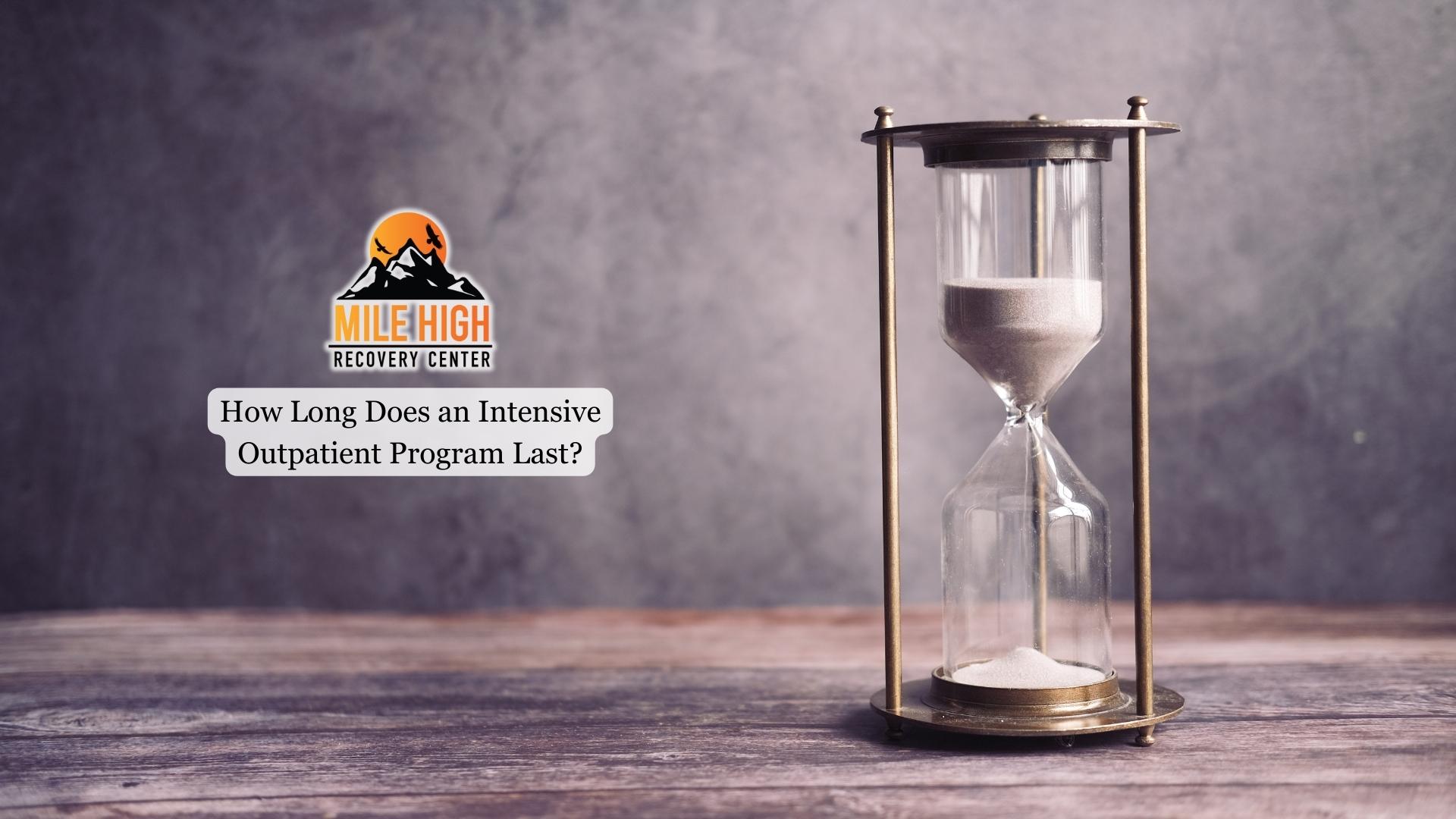Addiction impacts far more than the individual struggling with substance use. It strains relationships, disrupts communication, and damages trust within the household. Because substance abuse affects loved ones as profoundly as the person using it, effective addiction treatment must go beyond individual therapy. One of the most effective ways to strengthen recovery is family therapy.
This article will look into how, by involving the family as a whole, family therapy offers healing not just for the individual but also for loved ones who have been affected by substance abuse.
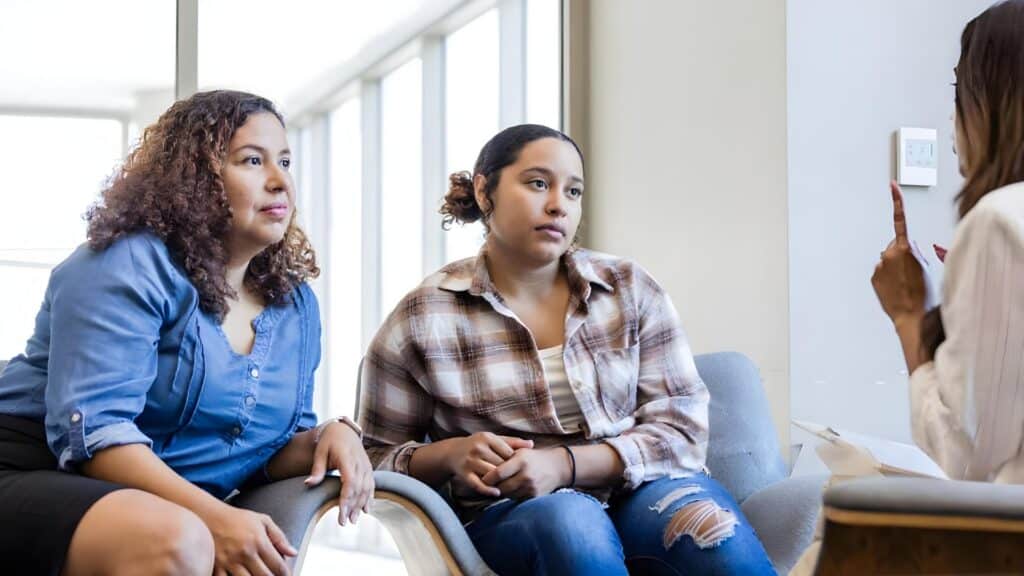
What is Family Therapy in Addiction Treatment?
Family therapy for addiction is a structured counseling approach that involves household members working with a licensed therapist. Unlike individual therapy, which focuses only on the person struggling with addiction, family therapy sessions address the dynamics within the family unit that contribute to or are shaped by substance use disorder.
A family therapy program may employ various methods, including solution-focused brief therapy or brief strategic family therapy. These approaches are tailored to the specific needs of each household. Whether offered in a treatment center, as outpatient treatment, or through online therapy, the purpose remains the same: to strengthen recovery by improving family relationships and creating a supportive environment for healing.
At Mile High Recovery Center, we provide expert-guided Family therapy in Denver, CO, as part of our comprehensive addiction treatment program. Our licensed therapists work closely with families to help them understand the root causes of addiction, improve communication, and
Restoring Healthy Relationships and Dynamics
Addiction often leads to secrecy, conflict, and mistrust that damage household stability. Loved ones may feel powerless, while the individual struggling with addiction may feel isolated. Therapy helps restore balance by creating space for honest dialogue and helping participants recognize the effects of substance use on relationships.
A skilled family therapist guides sessions toward healthier interactions, replacing blame with understanding and empathy. Over time, this process helps rebuild trust and creates stronger connections. Addressing family dynamics is crucial because long-term recovery requires more than abstinence, it requires a healthy and balanced home life.
Improving Communication for Recovery
Substance abuse frequently disrupts communication, replacing openness with silence, arguments, or avoidance. When communication breaks down, minor misunderstandings can turn into lasting conflicts. Therapy provides a safe space where participants can learn to express themselves clearly and listen without defensiveness.
By practicing new communication techniques, loved ones can become more effective in supporting recovery goals and preventing conflicts from derailing progress. Stronger communication also ensures that the recovery journey is not carried out alone, but instead shared with consistent support from those closest to the individual.
Providing Emotional Support for Loved Ones
Addiction not only affects the person entering treatment, but it also creates emotional strain across the household. Parents may feel guilt, partners may feel anger or betrayal, and children may feel confusion or fear. Therapy addresses these emotions directly, validating experiences related to addiction and giving each person a chance to be heard.
Therapy provides a safe space for emotional healing, and it helps family members cope with the stress of substance use disorder. When loved ones feel supported, they are better equipped to stand alongside the individual in treatment. This shared resilience strengthens the recovery process and prevents relationships from collapsing under the pressure of addiction.

Creating a Supportive Environment for Healing
Sustainable recovery requires a home environment that supports healing rather than enabling destructive behaviors. Therapy teaches households how to set healthy boundaries, develop consistent routines, and create accountability. These changes reduce uncertainty, which often triggers relapse, and provide stability for the person in treatment.
Emotional safety is equally important. When individuals feel supported rather than judged, they are more likely to stay committed to the treatment process. By fostering a supportive environment, therapy not only improves the recovery journey for the individual but also improves overall well-being within the household.
Equipping Families With Practical Tools
Beyond repairing relationships, therapy equips households with practical tools that make recovery sustainable and long-lasting. Coping strategies enable participants to manage stress and regulate their emotions without resorting to destructive behaviors. Problem-solving approaches teach them how to handle challenges such as financial strain, relapse triggers, or lingering trust issues in constructive ways.
Relapse-prevention techniques are another essential component. Therapy teaches loved ones to recognize warning signs early and respond in ways that encourage accountability rather than enable substance use. These tools extend beyond therapy sessions, providing households with skills they can rely on long after the treatment program concludes. Over time, these strategies build confidence, stability, and resilience within the family system.
Enhancing Treatment Programs Through Involvement
Evidence consistently shows that addiction treatment is more effective when therapy includes loved ones. A 2022 review found that programs incorporating family therapy reduce substance use and improve household functioning across both adolescents and adults. Compared to individual therapy alone, programs that involve partners, parents, or children achieve higher rates of engagement, retention, and recovery success.
Treatment providers recognize the value of this approach and now offer various treatment options, including therapy, ranging from in-person sessions at treatment centers to online family therapy programs. These options make it easier for family members to participate in therapy regardless of schedules or distance.
Final Thoughts from Mile High Recovery Center
Family therapy for addiction treatment offers families the chance to heal together, rebuild trust, and create a stronger path to recovery.
At Mile High Recovery Center in Denver, our structured family therapy program provides open communication, guided sessions, and ongoing support, helping families strengthen relationships and move forward with resilience on their recovery journey. The more involved loved ones are, the stronger the treatment process becomes, increasing the chances of long-term recovery.


